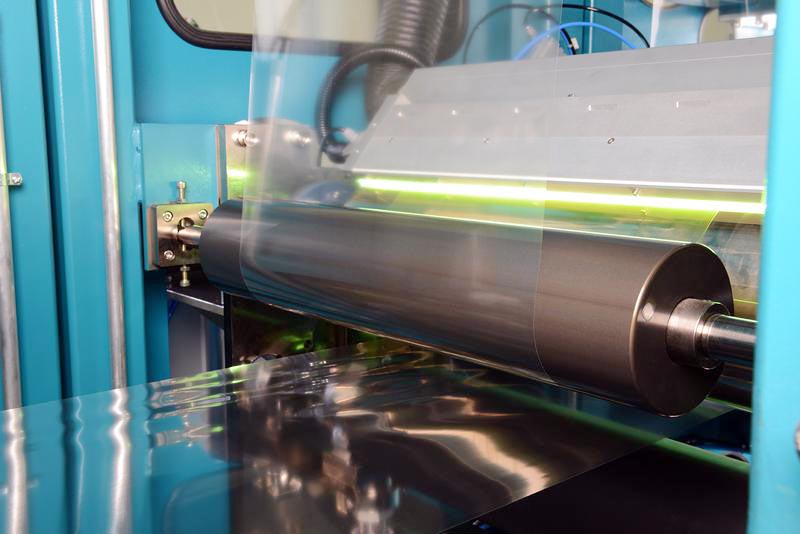

Reverse Phase Protein Arrays (RPPA) is a well-established technology that allows sensitive and quantitative detection of hundreds of proteins and their post-translational modifications from low amounts of biological samples.
Driven by the desire of many researchers to “look beyond genomics”, RPPA systems are being used by a growing number of academic scientists, biomedical and pharmaceutical companies and CLIA laboratories, for comprehensive analyses of cell culture materials, pre-clinical and clinical tissue as well as fluid samples on the functional protein level.
Methodology and applications of the RPPA technology are constantly evolving. Therefore, pioneers of the technology, experienced users and researchers interested in incorporating the RPPA technology into their own research portfolio will in September gather at the 6th RPPA Global Workshop in Reutlingen, Germany, to discuss the technology’s applications for advancing precision medicine, identifying therapeutic targets, elucidating mechanisms of disease and drug action, discovering and validating biomarkers, as well as new opportunities through emerging technologies.
Free and mutually beneficial exchange of knowledge will be fostered in workshops, presentations, posters and industry showcases. As such, this event will build on the great success of the previous meetings in Houston 2011, Edinburgh 2012, Kobe 2013, Paris 2014, and Virginia 2015.
Join us at RPPA2016!
On behalf of the Organizing Committee,
Thomas Joos, Michael Pawlak, Markus Templin
Please see the meeting program and register via the following link: www.nmi.de/rppa2016
The late-breaking abstract deadline is September 1st, 2016.












